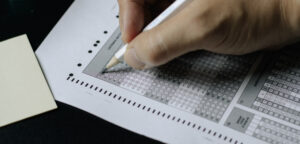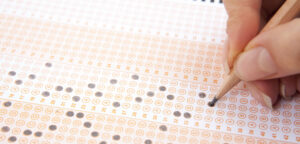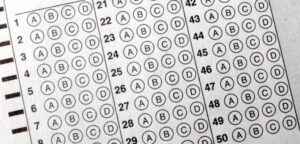
Examining the Quiz
We’re ready to share responses to our call for insights, experiences, and opinions on quizzes. You can expect to see them over the course of the next several weeks. I’ll start here with an overview of the issues to consider if you want to start











